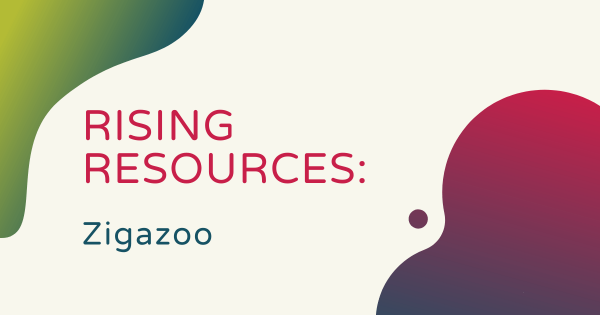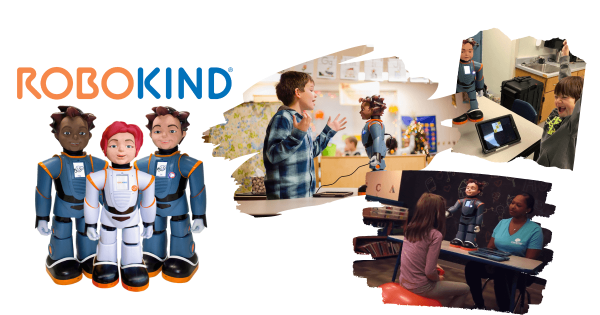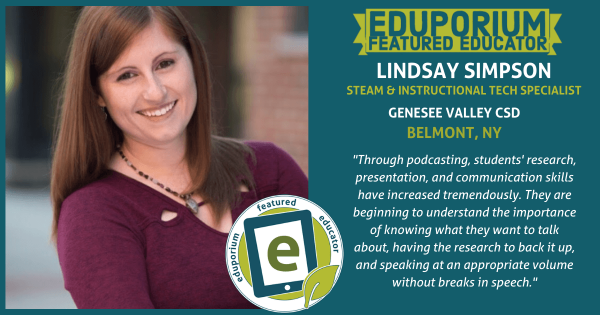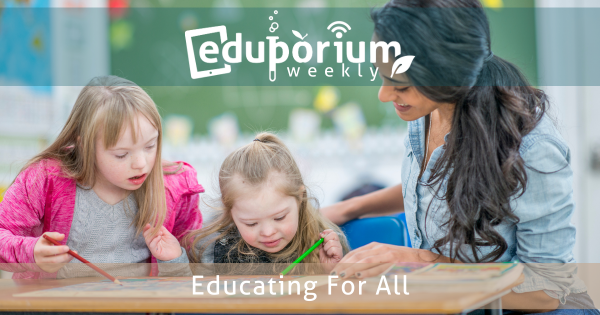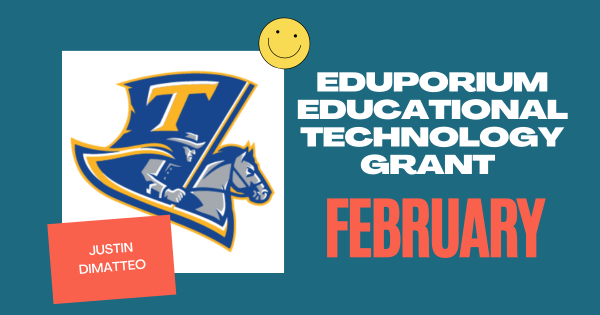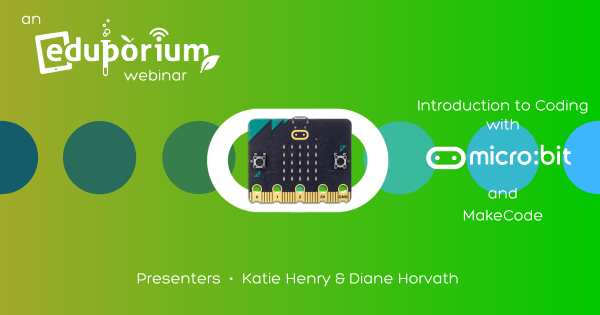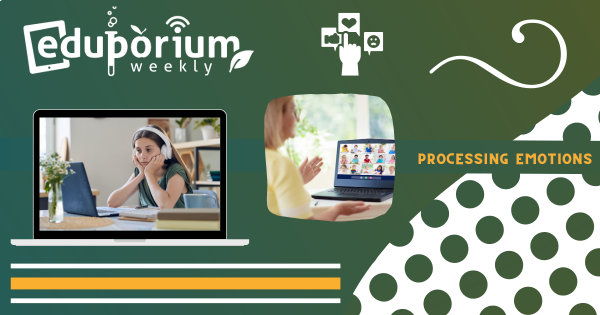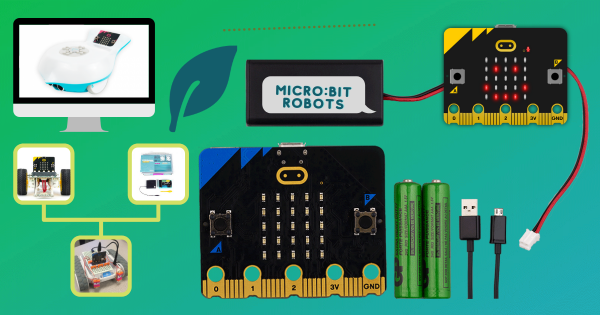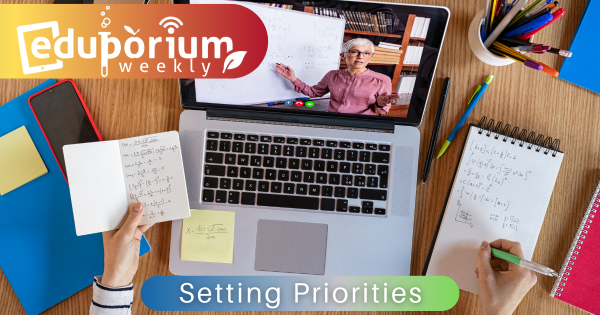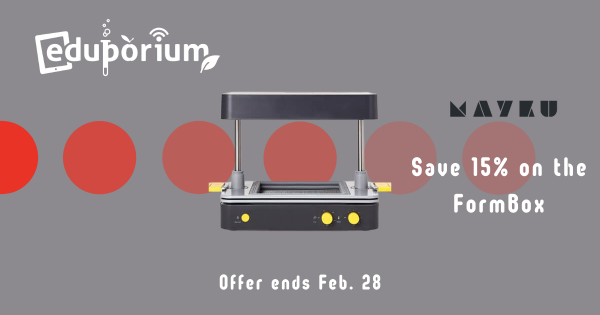With Zigazoo, students can take pride in their learning by creating original content. Zigazoo serves as a response tool for them to create thoughtful responses to teacher-posed questions or challenges. Whether you’re discussing a historic event, teaching a new type of math, or simply in the mood to get student creativity flowing, Zigazoo can help.
Andy Larmand
-
Robots4Autism + STEM: Milo, Veda, and Carver from RoboKind
Comprised of three different robots, Milo, Veda, and Carver, RoboKind’s solutions are designed to help students with learning differences meet their academic and social goals. Starting by empowering educators to help students foster social connections, these robots can ultimately be used to aid student emotional well-being and more. -
Eduporium Featured Educator: Lindsay Simpson
Though she and her students have dealt with various challenges during the course of the COVID-19 pandemic, Lindsay has found some creative ways to keep them engaged and developing STEM skills. After starting a student podcast last year and adapting it to the current situation, it ended up being a super valuable piece of the learning her students continue to -
Eduporium Weekly | Learning Differences in Remote Ed
It’s been widely documented how difficult it’s been for special education students and teachers in distance learning. Though we’re a year into this new form of education, teachers are still learning about how to best work with special education students from afar. And, this week, that’s our topic for exploration. -
February EdTech Grant Awarded To Justin DiMatteo
For his award, we will be providing Justin and his students with some micro:bit V2 kits to use in their STEAM program. Since the micro:bit’s allow students to complete standalone activities as well as take part in new experiences that are tied to their existing PBL units, they’ll make a great fit as Justin expands CS opportunities for all. -
Upcoming Webinar: micro:bit and MakeCode in Education
Not only can students use the micro:bit to learn about coding basics using MakeCode, it has a ton of secondary applications in STEM education. Join us on Thursday, March 4 as we team up with our partners from micro:bit to discuss integrating the micro:bit and its new features in remote, hybrid, or in-class education! -
Eduporium Weekly | Supporting SEL Remotely
MakerEd tools allow students to connect their heads to their hearts using their hands. And, up until a year ago, so much good was being done in the classroom to advance social and emotional stability in students by using technology in creative ways. Now, however, there are all new reasons to focus on SEL in remote learning. -
STEM and Robotics Kits for Coding with the micro:bit
Whether students are coding with the micro:bit and MakeCode or using it with other STEAM tools, it’s a powerful tool for CS education in any grade. Speaking of its integrations, the micro:bit is compatible with a number of other technologies, allowing students to add exciting elements to various STEM projects! -
Mayku FormBox Vacuum Former on Sale All Month
Designed for MakerEd experiences in Grades 3 and up, the Mayku FormBox helps spark creative product design, on-the-fly fixes, and innovative design thinking. Oh, and it’s on sale now through Feb. 28! Keep reading to find out how to access this limited-time deal on a versatile tool for design and maker education.



